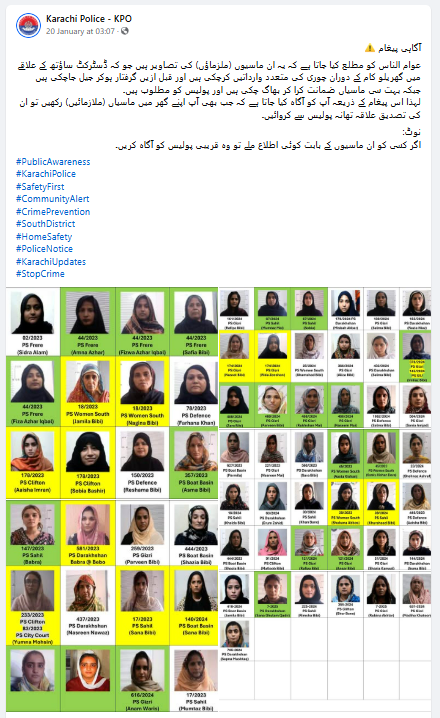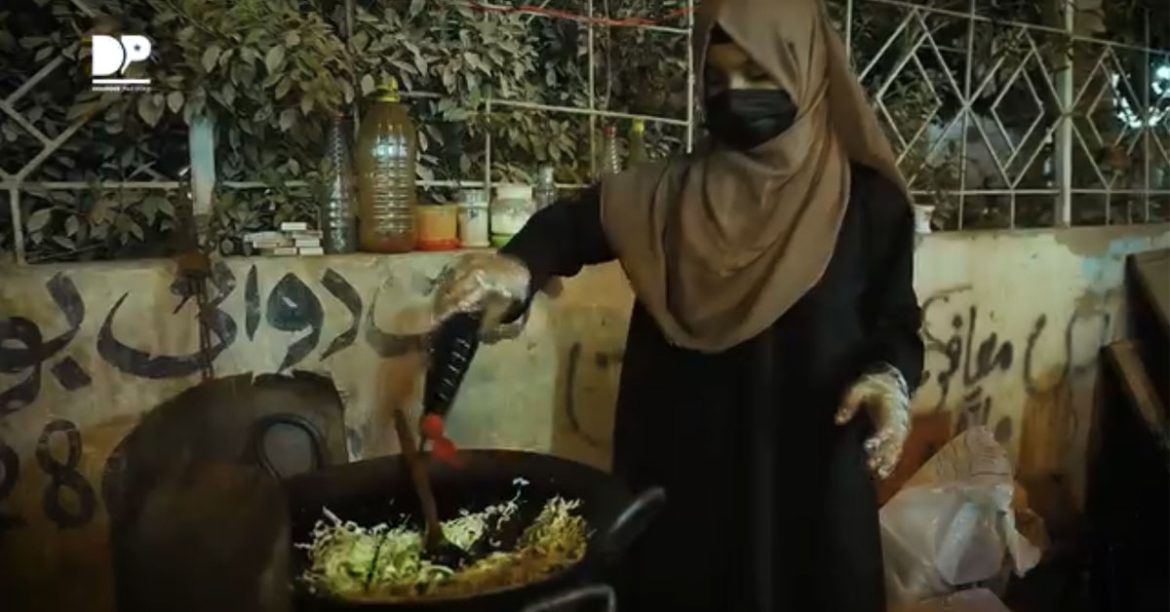Recent global research from Nigeria and Kenya highlights the significant potential of Tobacco Harm Reduction (THR) strategies in reducing smoking-related deaths.
The Saving 600,000 in Nigeria and Kenya report reveals that by integrating better alternatives such as vapes and oral nicotine pouches into their tobacco control policies, these nations could collectively prevent over 600,000 deaths by 2060. This finding offers valuable insights for Pakistan, where smoking remains a leading public health challenge.
Countries like Sweden, Japan, and the United Kingdom have already shown that embracing smoke-free products can lead to substantial declines in smoking rates and related illnesses. In these countries, harm reduction strategies have helped lower mortality rates.
In stark contrast, Nigeria and Kenya still face high smoking-related death tolls – 26,851 and 12,000 annually, respectively. However, projections suggest that by adopting THR, Nigeria could reduce smoking-related deaths to 7,600 annually by 2060, while Kenya could cut their number to 3,400.
With over 210,000 smoking-related deaths each year, Pakistan faces an urgent need for effective action. Drawing from the research findings, Pakistan has an opportunity to implement tobacco harm reduction strategies that could significantly improve public health outcomes.
The research also highlights that despite the availability of THR products, adoption rates in Nigeria and Kenya remain low. This is due to regulatory uncertainty, lack of public awareness, and enduring misconceptions.
Pakistan must address these issues by providing clear, supportive policies and educating the public about the reduced risks of smoke-free alternatives.
Additionally, the research emphasizes the need for localized, high-quality studies on THR products. Pakistan should prioritize this research to equip policymakers with the data required for informed decision-making.
Collaborative efforts between policymakers, healthcare professionals, and community leaders will be key to making better alternatives accessible and affordable, ultimately supporting a smoke-free future for the country.
Author
The article has been contributed by Ahad Abdullah




 Speaking on the matter, a senior police official stated, “We are not discouraging people from hiring domestic help, but we strongly advise them to take necessary precautions. Background verification is essential for the safety of families and their belongings.”
Speaking on the matter, a senior police official stated, “We are not discouraging people from hiring domestic help, but we strongly advise them to take necessary precautions. Background verification is essential for the safety of families and their belongings.”




